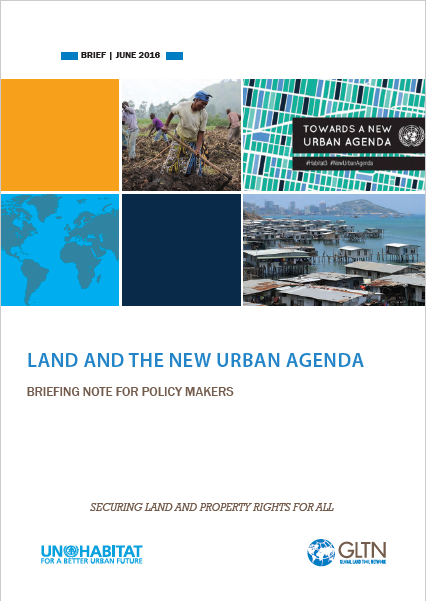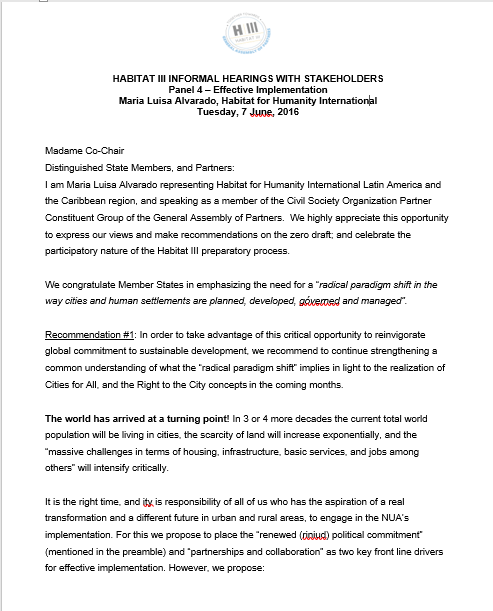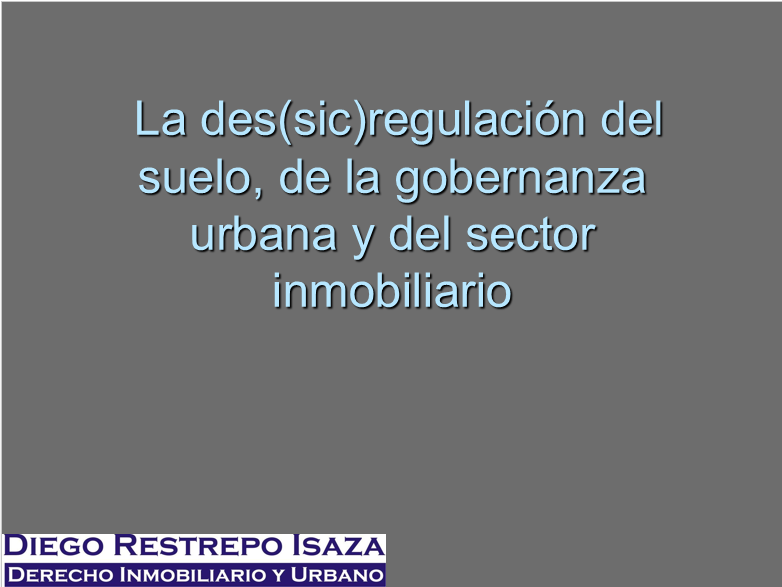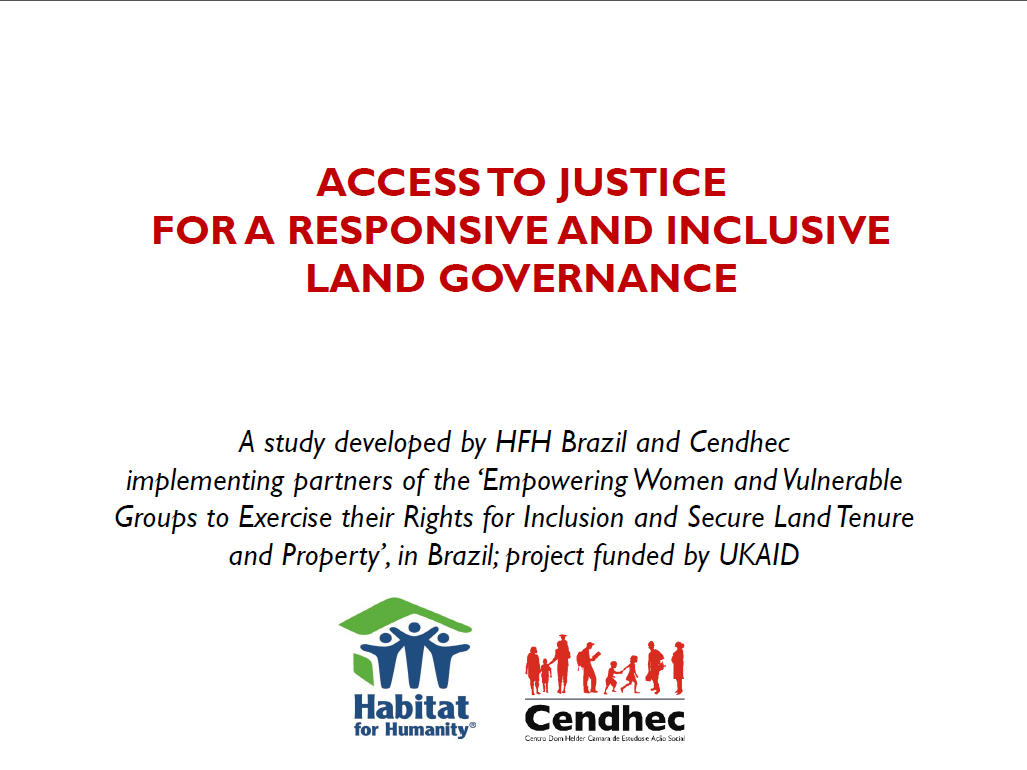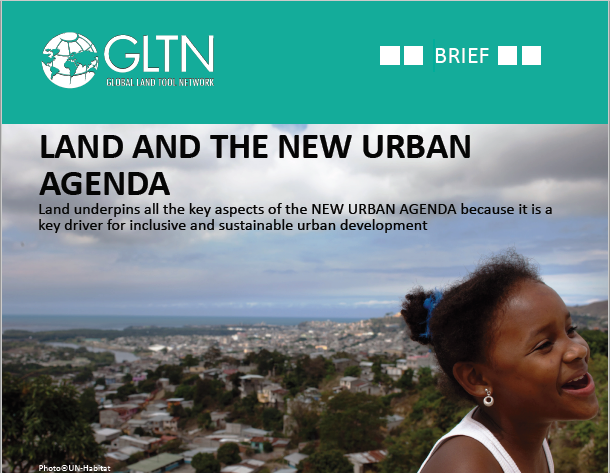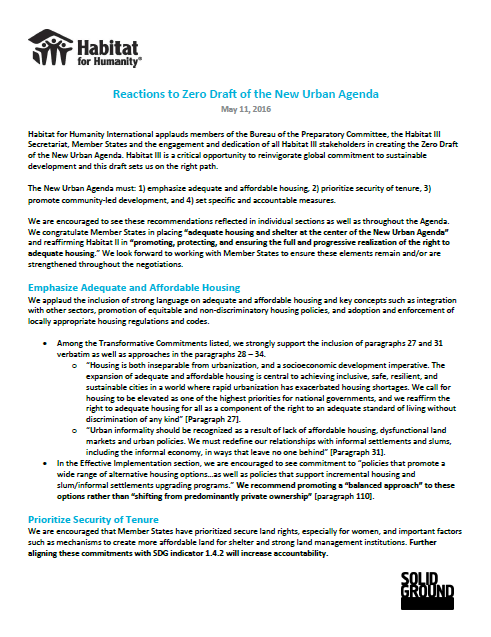Study on Land Allocation to Individual Households in Rural Areas of Lao PDR
The legal framework for land use planning and land allocation (LUP/LA) in Lao PDR has been analysed based on the relevant laws (Land Law, Forest Law, Agricultural Law etc.). A national LUP/LA program under the overall responsibility of the Ministry of Agriculture and Forestry has been created in 1996. Until 2003, district agricultural and forestry staff have conducted LUP/LA activities in a total of 5400 villages in all provinces of Lao PDR. It is estimated that approximately 300.000 Temporary Land Use Certificates have been issued as a result of LUP/LA.



